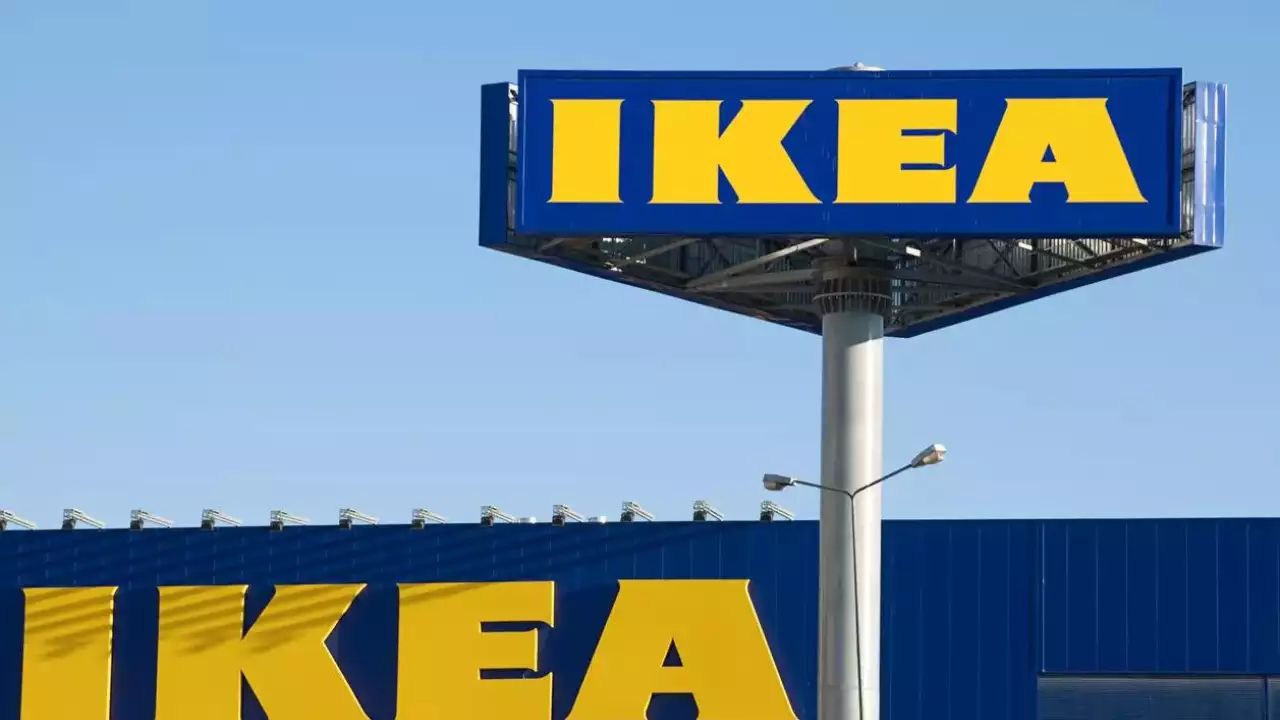
Presently, it has around 100 EVs in its fleet including three-wheelers and trucks. Its delivery vehicles in Bangalore, Hyderabad, and Pune are already 100% EVs. Mumbai will be another city where it plans to electrify its fleet. It plans to enter all new markets with an EV-first approach; starting with Delhi NCR.
“With opening of the Delhi NCR market scheduled for 2025, we will surely require additional EVs to meet our Zero Emission Delivery goals. It would be difficult to get the exact count in advance. At an overall level, we expect around 40% growth in EV count by 2025,” Saiba Suri, Country Customer Fulfilment Manager, IKEA India told ET.
It onboards EVs after rigorous internal testing for an extended period. Once approved, the company’s logistic partners purchase the EV, said Suri. The company also has partnerships with vehicle aggregator firms to meet its requirements. Presently, it has Tata Ace EV, Ashok Leyland’s Switch among other brands in its portfolio and is in discussion with other automakers for onboarding more brands.
IKEA has been one of the early adaptors to EVs among the consumer facing companies, said Suri. It started the practice of using the EVs in its delivery fleet way back in 2017-18 and even got some of the existing diesel vehicles retrofitted with electric.
The company has also installed EV charging stations across all its large-format stores for delivery vans, customers, and co-workers. The brand's diverse EV fleet, supported by advanced inbuilt Telematics technology, handles load from 680kg to 1700kg, it said in a statement on Tuesday.
To be sure, a clutch of other ecommerce companies and consumer goods makers of daily essentials have seen using EVs for deliveries as they look to save costs by over half and meet carbon emission reduction targets. Amazon, Hindustan Unilever, Swiggy, Coca-Cola, Zomato, Amul, Flipkart, Big Basket and Bisleri are among the larger companies switching to EVs to service consumers and retailers.
Disclaimer: The copyright of this article belongs to the original author. Reposting this article is solely for the purpose of information dissemination and does not constitute any investment advice. If there is any infringement, please contact us immediately. We will make corrections or deletions as necessary. Thank you.





